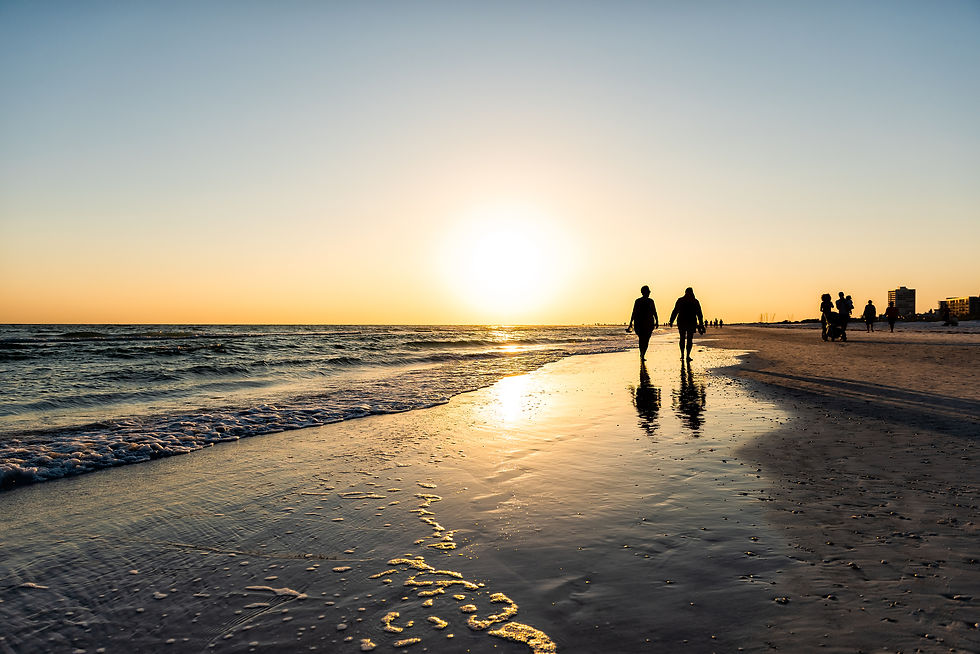Do Less Live More
- Lizzette Guerra

- Nov 10, 2022
- 3 min read
We just went through unprecedented times with Covid. And wherever we go these days conversations are marked by “before Covid, after Covid, or because of Covid”. We are all by now a bit tired of hearing about this fatal virus. But here is what we know: it changed our lives in one form or another.

We experienced fear, anxiety, loss of freedom, and for some the unfortunate loss of loved ones. It left a mark in our lives and in our hearts. But, if we must say one positive thing about Covid, it’s that it slowed us down. For the first time in man kind, we universally slowed down and noticed more. We noticed all the closets that needed cleaning and, we noticed how happy or unhappy we were in our jobs and in our relationships just to name a few. I for one noticed my all to busy schedule and achey body.

I was teaching 12 fitness classes a week, subbing a few more a week and seeing private clients while caring for my elderly mom and filling my weekends with “fun”. When I was forced to stay home, I felt a huge sense of relief. I slept eight hours, worked out for me not for others, read books, watched movies, meditated, learned new recipes, called loved ones and much more. I lived a fuller life and I felt a sense of joy I had not felt since I was a child. I told myself I would never go back to that hectic lifestyle. But just today, I almost agreed to take on a new class, and my schedule has slowly filled with more “things”. I have to remind myself of my big lesson of 2020. Do less and live more.
Not only do we want to do less and live more because we feel a sense of peace and joy, but also because it’s healthier for us. The American Institute of Stress reports 120,000 people die every year as a direct result of work-related stress. Additionally, healthcare costs resulting from work-related stress totals an average of $190 billion a year. Stress can also be caused by unhealthy relationships, loss of loved ones, rising crime rates, decreased standards of living, increased pollution, as well as threats of violence from terrorism and war. It is unusual to find an individual who is not experiencing environmental stressors.

There is much literature demonstrating connections between life stress events and physical and mental illness. The relationship between stress and heart attacks, anxiety, asthma, high blood pressure, and ulcers has been well documented. Stress also inhibits the ability of the body’s immune system to function and is thus a factor in tuberculosis and cancer.

So what can we do to combat stress in our lives? We can learn mental techniques such as deep breathing exercises with positive affirmations, meditation, or mindfulness practice. As well, we can eat healthy balanced meals, maintain an ideal weight, exercise and practice yoga. If you’d like to combat the effects of stress in your life, try learning a new technique such as meditation or mindfulness practice. A certified yoga instructor or a course at your local yoga studio is a great place to begin. Do less of something else so you can live more with good health, joy and a sense of peace. I am off to meditate now.




Comments